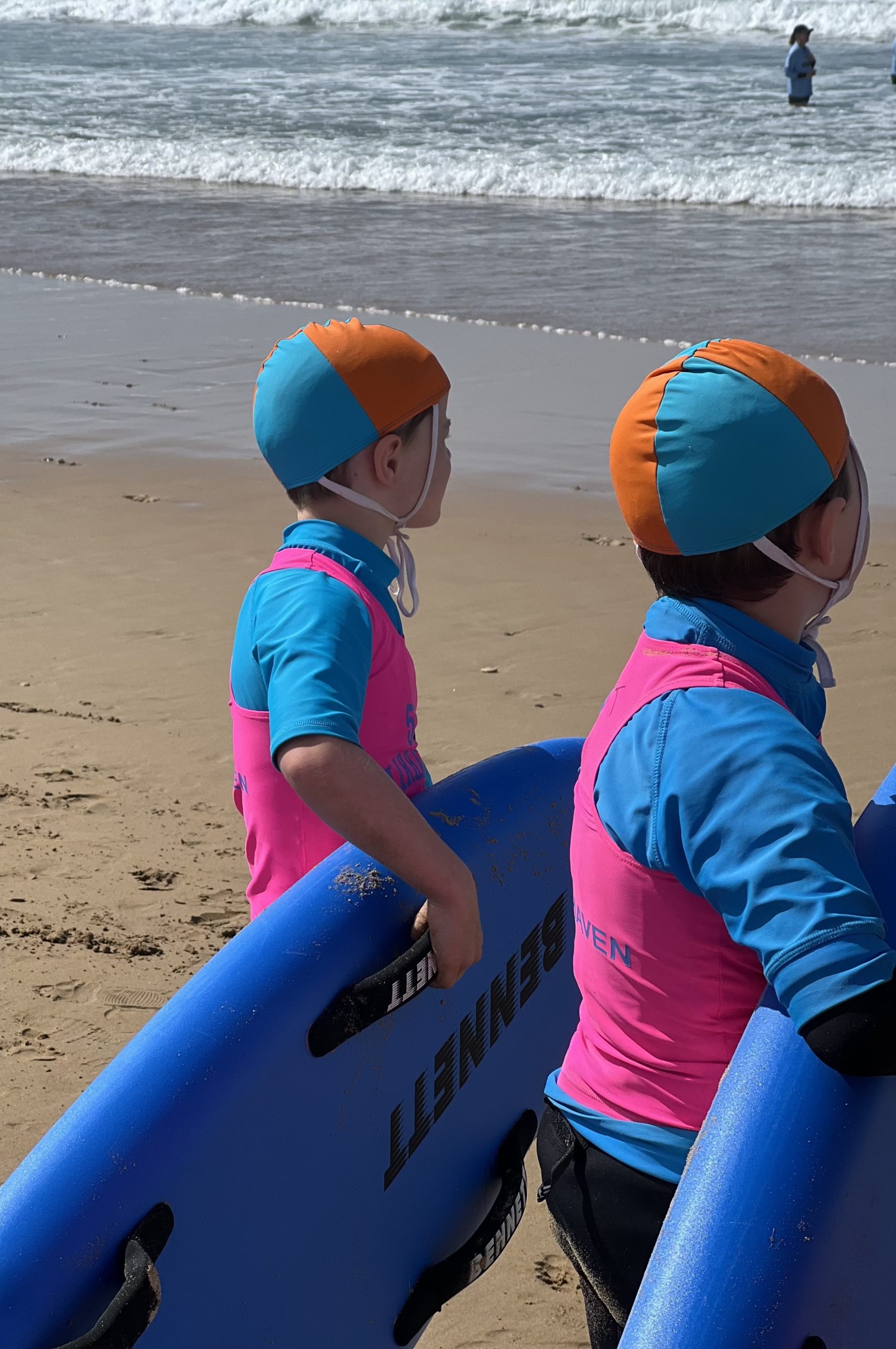Fireworks, broken water and Nippers
‘I’ve been looking so long at these pictures of you, that I almost believe that they’re real
I’ve been living so long with my pictures of you
That I almost believe that the pictures are all I can feel.’
The Cure
Cricket drones on the radio and brings a green and white version of summer, welcome after Christmas. On Boxing day my husband dozes off sitting up facing the tv screen with the sound muted.
Driving to the coast, the city slips behind us. The paddocks open and there’s nothing but dry distances with small falcons hovering above and the river road rushing past.
Leaving the city is a wrench because there’s no automatic watering system yet at the new house in Melbourne. I’ve heard the azaleas have passed away, burned to a crisp. R.I.P. It’s also a wrench because our son and his wife are expecting a new baby any day and can’t join us. And as Pink Floyd noted, I wish they were here; it doesn’t seem the same without them.
New Year’s Eve was very quiet. A fizz of firecrackers in the dunes at about 11pm, must have been someone keen to get home. I recall the same night in Sydney 40 years ago when I was 38 weeks pregnant with my second daughter and at a fancy do at Admiralty House. We were directly under the fireworks and when they went off like sparking bombs, my waters broke. That was it for that New Year’s Eve.
On the last day of the year down at the beach, clouds slip by in a blue sky and out at sea, the occasional tanker moves like a box on the horizon. On the cliff, the lighthouse is a kindly presence. This morning, we went to Nippers to watch children learning to take the sea seriously. Our children learned it and now their children are on the same path.
Today, these little kids wear glowing pink vests with ‘Fairhaven’ written in blue, as well as blue rashies and black wet suits. Glassy green waves sway in and behind them the sea is a ribbon of turquoise against the hazy sky. The headland in the distance is rounded and heavy with forests of trees.
We’re here for the under sevens, and our grandson does well with big boards, beach flags, first aid and games for two hours in the hot sun. Then he settles into the warm sand for a bit of friendly sand throwing and wrestling with his brothers in-arms.
The volunteers are funny, kind, and numerous, all giving up their mornings for six days. At the kiosk, coffee and pastries are ready when you arrive and there’s plenty of club merchandise on sale for grandmothers to splash out on. At the end of the morning, a very streamlined sausage sizzle is underway, and nothing tastes as good as a snag in bread with plenty of sauce.
We go home to a barbeque later. Black cockatoos fly past in formation and the small round insect eaters dart around taking bites at the ether.
After dinner, dishes are being done; the hot sun is still there, slipping down now. The dog has been sick in the courtyard after someone gave her the fat from a steak. The children have icy poles and are ushered out to sit on the big rocks while the mess is processed.
One summer holiday in my life was memorable and not just for the beauty of the sea. My family went to Queenscliff and hired an on-site caravan for two weeks. Our father would come down on the weekends, but if he was there, we weren’t allowed in the caravan. He was a drunk, sleeping off hangovers and nursing his mood. We walked the streets of Queenscliff with our mother. My little brother was about one, not yet walking. I remember him playing in the low tidal puddles with a small yacht. I was about seven. We didn’t go to the beach again as a family. But my twin brother and I often went to Williamstown beach. We took the red bus straight down Willy Road. There were often other kids from school there. It was an easy place to be, time slipped away and what seems strange now was normal then. People smeared baby oil on to fry themselves and maximise tanning. The beach was usually pancake flat and the sand dotted with cigarette butts like odd little sea creatures.
I usually took a library book and read under a tree. We’d get some dim-sims on the way home, hot and shedding their skins. Our mother was working. The freedom given to kids then was astonishing but even then, it worried me.
We will soon have a birthday dinner for the baby born on the second of January 40 years ago. She is now a dedicated mother of three and a talented, senior designer. She’s beautiful and smart. And I remember her entry into the world in Sydney because it was unforgettable.
Memories come in fragments like jagged panes, often led by old photos in boxes. I can see the sweet dark baby so round, the funny penguin hat she liked as a toddler, curls peeping out, the formal dresses as a teenager, the best, an ephemeral green, the trips away to study, each a wrench I can still feel. The puncture marks of parenthood.
Robert Smith, in his beautiful song, ‘Pictures of you’ talks about love in a way that reminds me of how I felt about her; ‘There was nothing in the world that I ever wanted more than to never feel the breaking apart.’

